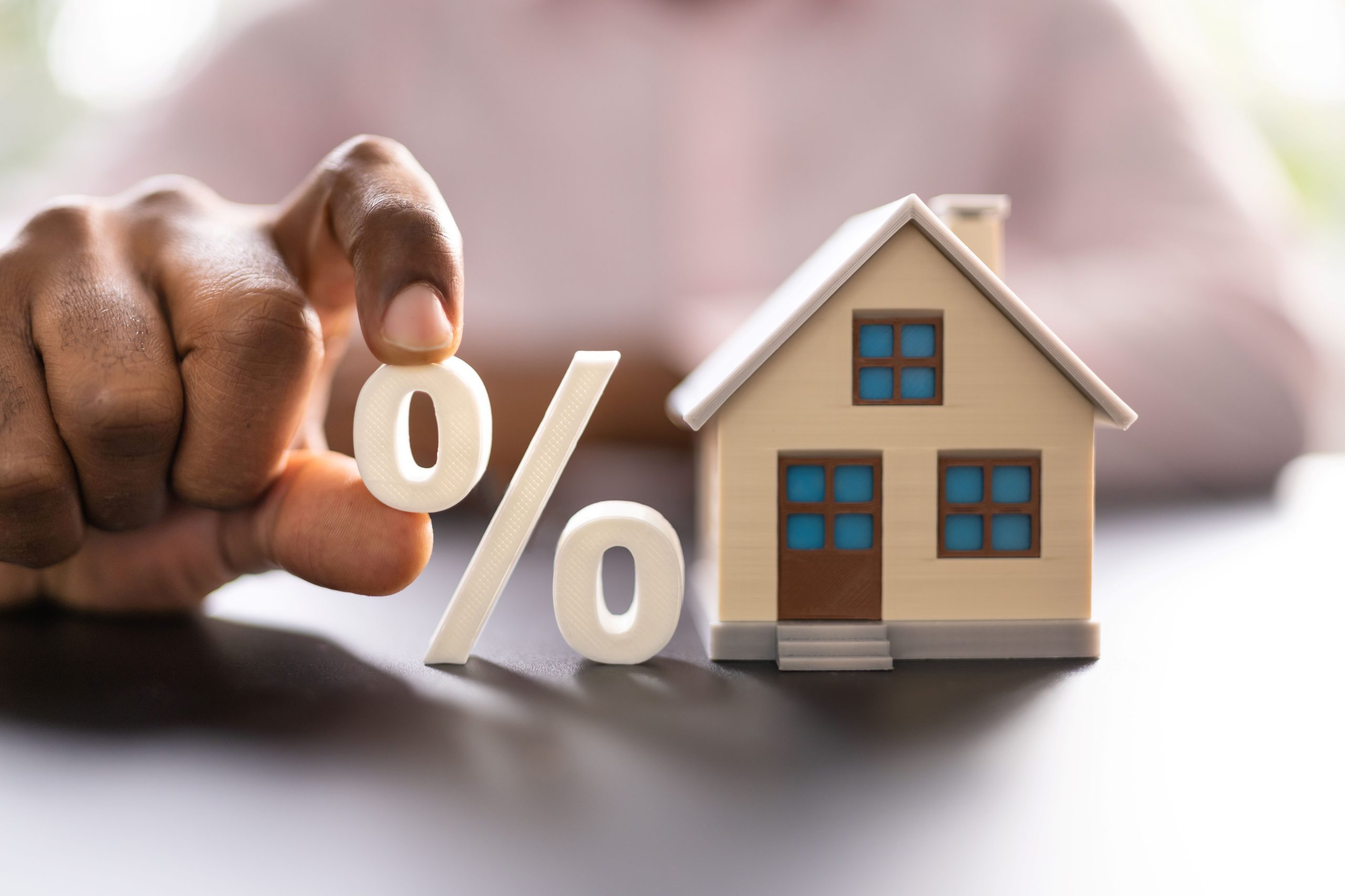Are you thinking about getting a new car? There are so many decisions to make: Do you want a sedan or an SUV? How about a Toyota, General Motors, Mercedes, or another make? What about traditional gasoline-powered, electric, or hybrid? And of course, how much does it cost and how will you pay for it? Should you take out a loan to buy it or get a lease?
We will focus on the last of those questions: the implications of buying vs. leasing. Both have important financial advantages and disadvantages, depending on your finances and preferences.
Defining the Terms
Most buyers take out a loan for three to six years (often stated as months 36 to 72). You pay interest and principal each month.
A lease is basically a rental agreement. At the end of the term, usually 36 months, you have the option to give it back or buy it at a pre-determined price.
Leasing is often less expensive in the short term, but buying wins out on a purely dollars-and-cents basis over the long term.
Why Lease?
The two biggest advantages of leasing are lower monthly payments and the opportunity to get a new car every few years.
With a lease, you primarily pay for the car’s depreciation over the first few years of its life, making the monthly payments substantially lower.
That means you may be able to drive a fancier, late-model vehicle that you ordinarily cannot afford. If you continue to lease new cars, you will also get the latest safety features every few years.
You can probably lease a high-end Tesla Model S for about $1,000 a month. That car in your driveway may imply that you’re rich, but it only means you can afford to pay $1,000 monthly.
Most leases also come with an “option to buy” that is based on what is known as the residual value, which is a formula dealers use to estimate the depreciation value during the two or three years of your lease. The more it depreciates, the higher your monthly payments.
Another advantage to leasing is that you only drive the car during its most trouble-free years, during which the manufacturer’s warranty usually covers it.
In addition, business owners might benefit by writing off their payments on a leased vehicle.
Most People Choose to Buy
According to Edmunds, the online car-shopping service, 78 percent of people who got a new car last year chose to get a loan or pay cash to buy a car, versus 22 percent who leased.
Why? Once you’ve finished paying off the loan (including interest), you own the car. It’s similar to renting vs. buying a home, except that a car is a depreciating asset – usually worth less each year you own it. But the car is yours. You can drive it for many more years with no payments and sell or trade it whenever you’re ready.
Auto loans also provide greater flexibility regarding how many miles you can drive and the ability to personalize your car without incurring penalties.
Leasing Disadvantages
Just like the list of advantages to leasing was long, so is the list of disadvantages.
- As we noted, you don’t have any asset at the end of the lease, and you could get stuck in a cycle of leasing car after car. After 36 monthly payments, you don’t own anything.
- If you need to end the lease early, you could be hit with high termination fees to get out of the contract.
- Most leases limit the number of miles you can drive without incurring a penalty, usually 10,000 to 12,000 miles a year. After that, you will be charged between 10 to 50 cents per mile.
- You are responsible for what is known as “excessive wear and tear.” That means you might have to pay more for any dings on the exterior or damage to the leather seats.
- Most experts agree that buying is usually a safer choice than leasing if you expect to keep your car a long time.
You will have thousands of dollars more in assets after paying off a six-year loan than you would after paying for two new cars with three-year leases. And the savings increase if you keep the car you now own beyond that. You no longer have monthly payments, even though you are responsible for maintenance and upkeep expenses.
Even though the monthly payments on a lease are lower, over the long run, it generally costs more than a loan because you are paying for the vehicle during the period when it is depreciating most rapidly.
Either way, you will benefit from doing your homework (and some math) before walking into the dealership.



